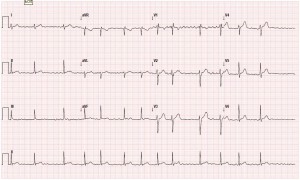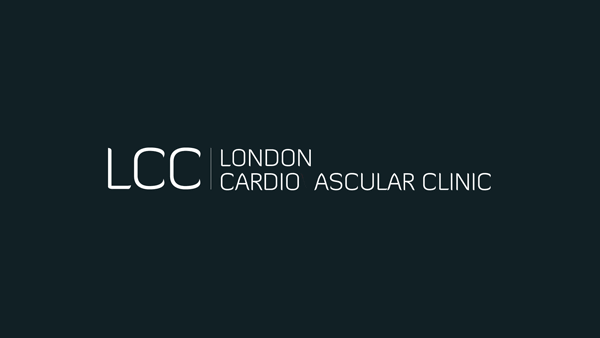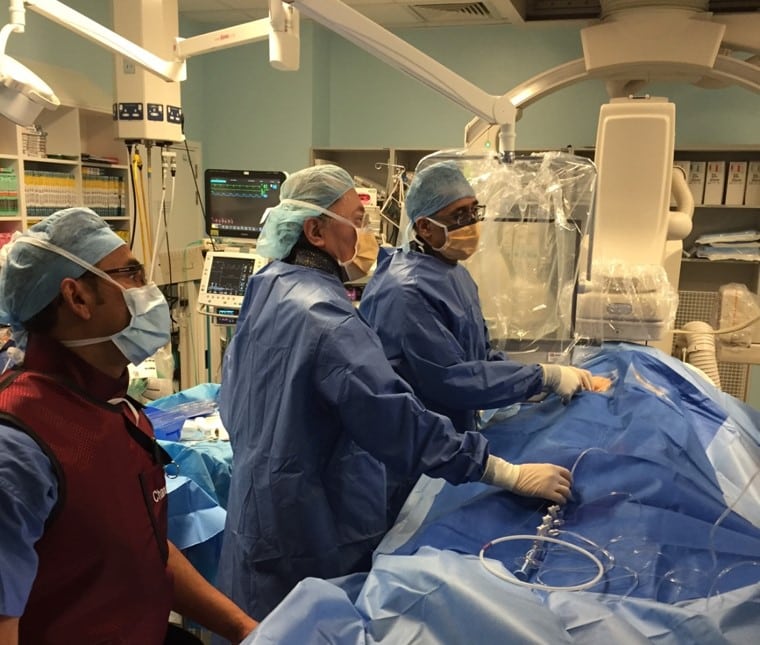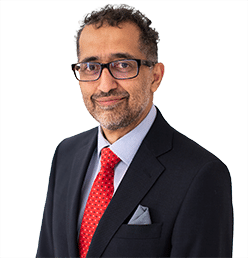Atrial Fibrillation (AFib)
Dr Malik talks you through the causes of atrial fibrillation, symptoms to look out for and the best available treatment options.
What is Atrial Fibrillation (AF)?
Atrial Fibrillation is a common abnormality of the heart rhythm that’s more likely to occur in older individuals. It happens because the heart’s normal synchronised beating becomes disorganised.
Symptoms of Atrial Fibrillation
The hearts’ internal pacemaker can no longer run the heartbeat, and a faster chaotic beat takes over.
This can lead to:
- Palpitations
- Breathlessness
- Chest pain
- Blackouts (rare)
The chaotic rhythm can also lead to a risk of blood clots forming in the heart which increases the risk of stroke. For this reason, treatment of atrial fibrillation (AF) is focused firstly on reducing stroke risk, and secondly on treating the symptoms by controlling the heart rhythm.
Diagnosing Atrial Fibrillation
The AF is initially suspected by feeling your pulse. The diagnosis needs confirmation with an electrocardiogram (ECG). Often, blood tests will be taken to look for possible causes of AF, and an echocardiogram (TTE) will be needed to rule out a structural heart problem.
A 24-hour ECG monitor may be needed to see how fast you’re going throughout the day and night.

ECG of Atrial Fibrillation. Notice the irregularly-irregular rhythm.
Atrial Fibrillation Treatment
Your doctor will prescribe:
1. Medication to thin the blood- usually given if the CHA₂DS₂-VASc score (see table below) is 1 or more, these types of drugs are usually the best option to reduce your risk of stroke.
- Warfarin- needs regular blood test monitoring
- Aspirin – not very effective in stroke reduction
- One of the newer blood-thinning drugs (DOACs) to reduce your risk of stroke
2. Drugs to slow the heart rate down, such as beta-blockers or digoxin.
What’s your risk of stroke in AF?
We use the CHA₂DS₂-VASc score to predict your risk of stroke if you have AF.
| Condition | Points | |
| C | Congestive heart failure | 1 |
| H | Hypertension: blood pressure consistently above 140/90 mmHg (or treated hypertension on medication) | 1 |
| A | Age > 75 years | 2 |
| D | Diabetes Mellitus | 1 |
| V | Vascular Disease | 1 |
| A | Age 65-74 | 1 |
| S2 | Prior Stroke or TIA | 2 |
Dr Malik On of (the UK’s leading cardiology specialist) can advise on whether you need medication, or indeed ablation. Trying to get the heartbeat regular again using cardioversion (either with drugs or an electrical treatment whilst you’re sedated) will help symptoms. If you’ve got severe symptoms, you may need ablation therapy. This can be done with freezing (Crypablation), Radiofrequency (RF) or the newer electrical ablation (PFA).
Book your consultation
Either give us a call, e-mail or fill out our simple contact form to arrange your consultation with Dr Malik. He’ll give you access to the best atrial fibrillation treatment available, so you can get the quality of your life back.
Choose a private cardiology clinic where your appointments work around you




